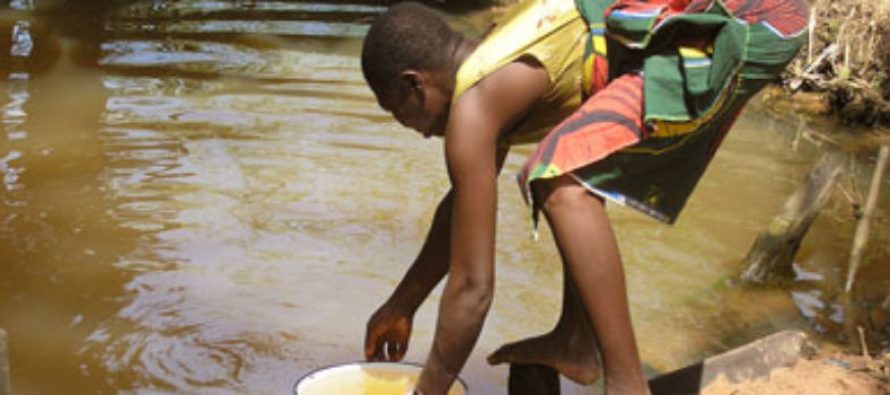Despite the Federal Government’s pledge to make water provision a national priority, access to safe drinking water remains elusive for many states in the South-South. Communities continue to grapple with poor infrastructure, abandoned projects, and the health risks that come from relying on unsafe sources.
Across Nigeria, inadequate access to potable water has long undermined health, food production, and sustainable development. In response, the government introduced a nationwide water development programme under its Renewed Hope Agenda, working with states to expand supply and irrigation networks. While some Northern states and the Federal Capital Territory have seen progress, the South-South lags behind.
In Akwa Ibom, ongoing federal projects such as the Nkari Dam (about 55% complete) and the Itu Irrigation Scheme designed to cover 2,000 hectares show the potential of water infrastructure to support households, agriculture, and climate resilience. But beyond these, no major water scheme has been delivered in the region under the current administration. This shortfall is worrying given that the Ministry of Water Resources and Sanitation has set a target to commission at least 11 new projects nationwide by the end of 2025.
Cross River: Abandoned Projects and Unsafe Sources
In Cross River, over 60 million Nigerians without improved water sources include a large number of residents. UNICEF and the National Bureau of Statistics estimate that about one-third of the national population lacks access to clean water. Even where some households in the state have limited access, the daily supply per person is far below global standards.
Several federal projects such as a ₦13.5 million borehole in Ifako Okoyong and the ₦1.16 billion Obudu Dam rehabilitation scheme have either stalled or been abandoned. This has left many communities dependent on streams and other contaminated sources, fuelling outbreaks of cholera and diarrhoea.
Residents describe daily struggles: long treks to fetch water, high costs of buying from private vendors, and children arriving at school exhausted after early morning trips to streams. Community leaders complain that repeated federal interventions have been marred by poor execution and neglect.
Rivers State: Collapsed Public Supply
In Rivers State, the public water system has virtually collapsed. While past administrations attempted revivals, facilities such as the Gborokiri Water Station and the Bernard Car Water Station have been idle for more than a decade. Recent governments have allocated funds to the Water Resources Ministry, yet residents say the agency is non-functional.
Studies have shown that even borehole water in areas like Eleme contains unsafe chemical levels. Civil groups and women’s organisations have repeatedly appealed for safe water, warning of the serious health risks, but the problem persists.
Delta State: Residents Bear the Burden
In Delta, households largely rely on boreholes, water vendors, or polluted rivers. Urban water schemes in Asaba, Warri, and Ughelli operate far below capacity, while rural communities face even greater hardship. The cost of sinking boreholes now running into millions of naira makes water a heavy financial burden for average families.
Although state officials insist that more than 80 projects are operational and new ones are being rolled out in partnership with the Federal Government, many residents remain unconvinced, citing years of failed promises.
The Bigger Picture
Traditional leaders, health professionals, and civil society groups across the South-South warn that water scarcity is eroding public health, straining education, and undermining livelihoods. Poor management and abandoned projects have left many communities trapped in cycles of poverty and disease.
While federal and state governments continue to make assurances, the gap between policy and delivery is glaring. Unless projects are completed, maintained, and equitably distributed, access to safe water will remain a privilege for a few rather than a basic right for all.




